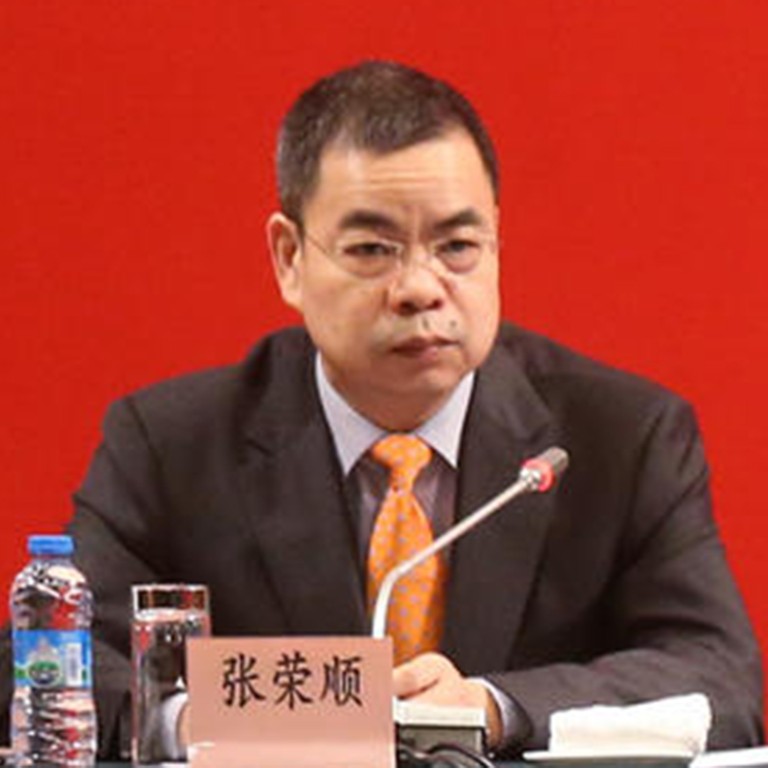
Beijing scholar admits error and omissions in white paper on Hong Kong
A Beijing legal scholar acknowledged an "inaccuracy" and "omissions" in the English version of the white paper on Hong Kong, which many in the city have interpreted as a threat to judicial independence.
A Beijing legal scholar acknowledged an "inaccuracy" and "omissions" in the English version of the white paper on Hong Kong, which many in the city have interpreted as a threat to judicial independence.
Wang Zhenmin, a former member of the Basic Law Committee, said the white paper issued by the State Council in June was not meant to affect judicial independence.
"Some contents have been omitted. In the Chinese version, it says the judiciary is independent by law, but this part is missing in the English version. The word 'independence' cannot be omitted," said Wang, who is also law dean at Tsinghua University.
The city's former chief justice, Andrew Li Kwok-nang, and his successor, Geoffrey Ma Tao-li, have previously expressed reservations about the view in the document on the "one country, two systems" formula that judges have a "basic political requirement" to love the country.
Li also said the use of the word "administrate" to describe judges' work was unfortunate as the judiciary is not part of the executive. He said the word in the Chinese version could be translated as "governance".
"There is a translation problem, an inaccuracy," noted Wang, who stressed that the white paper did not go beyond the Basic Law.
Meanwhile, Zhang Rongshun, vice-chairman of the NPC Standing Committee's legislative affairs commission, said: "If common law is used … to reject and undermine the central government's right to govern, this is not allowed."
He had noted views that judges were responsible only to the law and need not love their country, but said: "No judges in the world dare say they are not patriotic … No one can say patriotism and judicial independence are mutually exclusive."
Civic Party leader Alan Leong Kah-kit, a barrister, said: "Zhang does not respect our courts at all." Leong noted that the Court of Final Appeal ruled in a landmark right-of-abode case in 1999 that Hong Kong judges can continue to interpret the Basic Law using common law principles.
"Mainland jurists tend to think they are better than our chief justices. I ask them to read the judgments to refresh their memory," he said.

